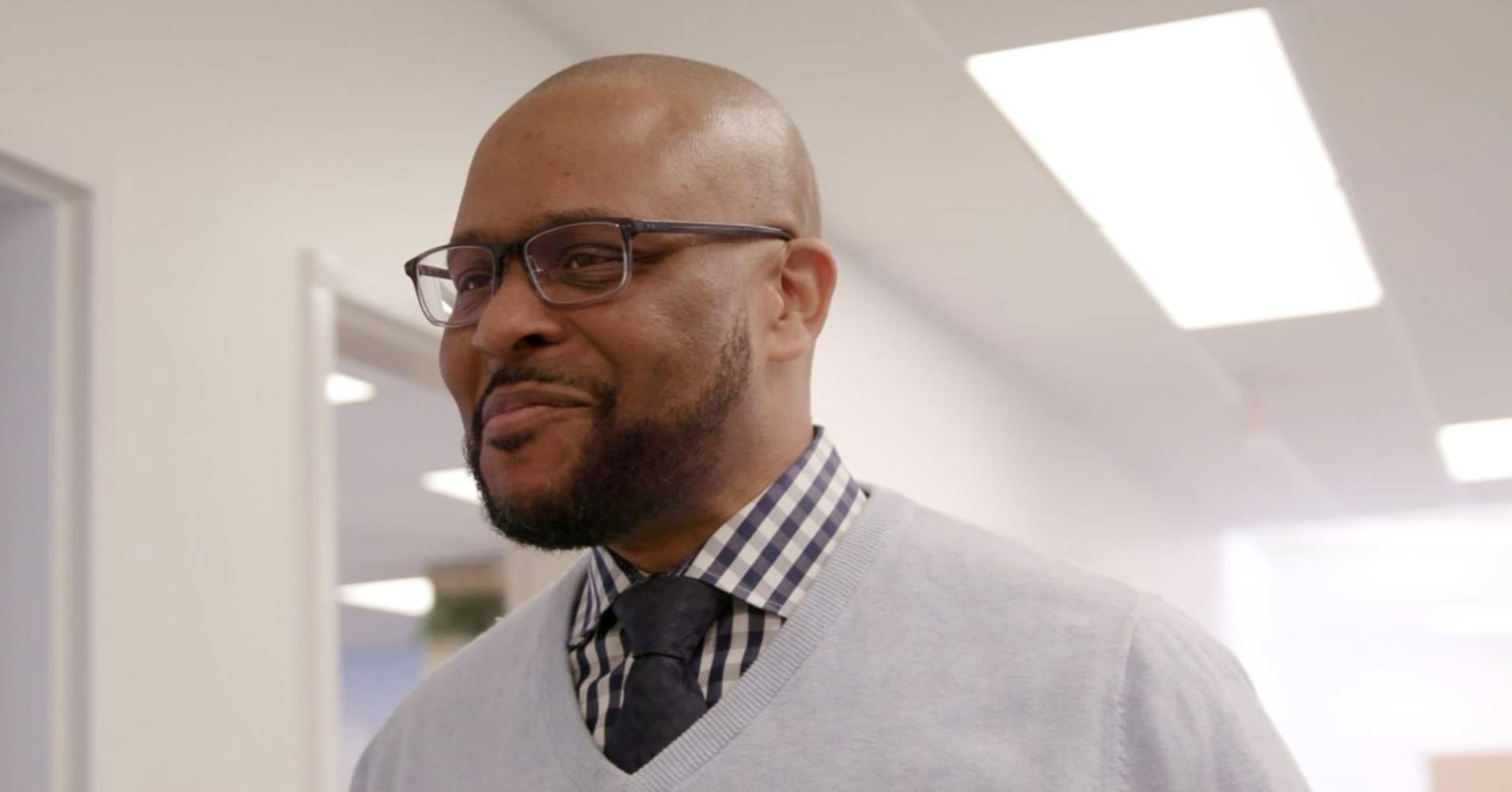
One way to accomplish this is with a donor-advised fund, which lets you make a charitable contribution and receive an immediate tax break for the full donation, and then recommend grants from the fund to your favorite charities over time.
For example, instead of giving $5,000 to charity annually, accelerate the gift by giving $10,000 every two years. This way, you may get your itemized deductions over the limit one year and take the standard deduction the next.
In fact, more clients are using donor-advised funds now for just this reason, according to Kate Kennedy, a certified financial planner and partner at Cerity Partners in Chicago. “It’s one of the few things we can control as far as the tax benefit,” she said.
Schwab Charitable, a provider of donor-advised funds, reported a record $2.2 billion in grants to charities in 2018 — a 35 percent increase from the previous year. That means that, through the end of last year, donors continued to contribute to their donor-advised fund accounts and then recommend grants to the charities of their choice.
Fidelity Charitable similarly reported a record $5.2 billion in grants in 2018, a 17 percent increase over 2017.
More from Personal Finance:
Heavily invested in stocks, boomers risk retirement savings
Good news for borrowers: Here’s how to improve your credit score
Savings accounts outperformed the stock market
“Under the new tax law, charitable giving is a relative bright spot for donors who itemize because the charitable deduction was preserved while several other popular deductions were capped or eliminated” said Kim Laughton, the president of Schwab Charitable.
However, on closer look, the total number of contributions went down year over year while the dollar amounts went up, Laughton said, which means those gifts came from fewer — and richer — givers.
“The wealthier folks are continuing to give,” Laughton said. “The charitable deduction is still a powerful tool at their disposal.”
“We’ll have wealthy people giving a lot and people of modest wealth giving less, and I don’t think that’s a good trend,” said Eileen Heisman, the president and CEO and the National Philanthropic Trust. “We’re going to have a big division of the haves and have-nots.”
Be the first to comment